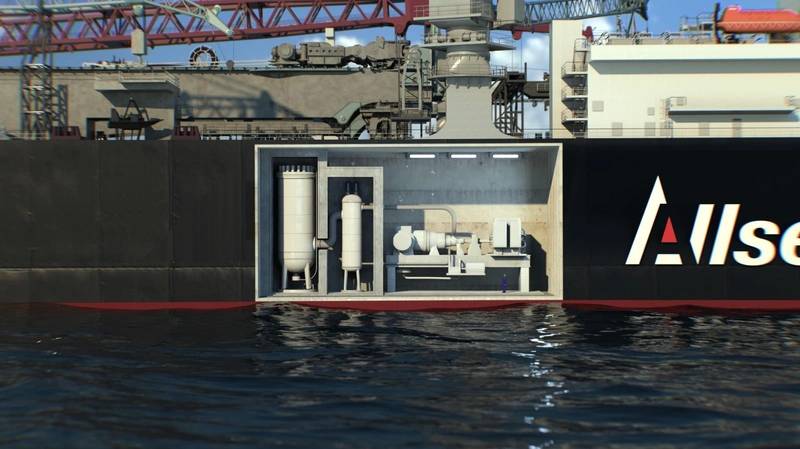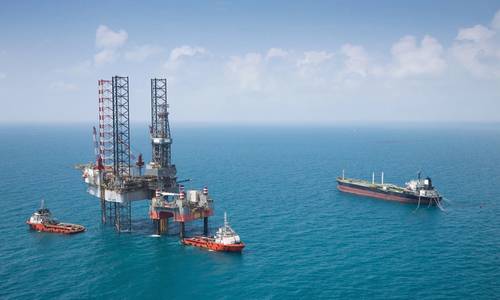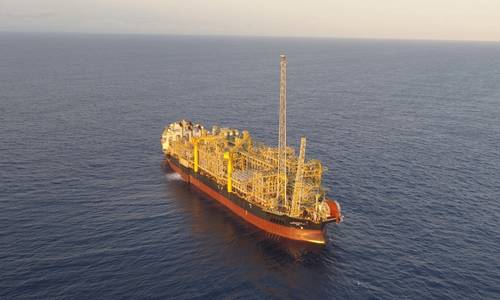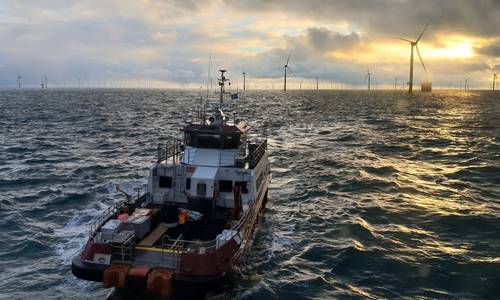Allseas Takes Aim at Nuclear Power for Energy-Intensive Vessels
June 5, 2025

Dutch offshore contractor Allseas has launched a five-year plan to design, develop and deploy a Small modular reactor (SMR) tailored for integration into offshore vessels and for onshore use.
Building on 40 years of engineering expertise in the offshore energy industry, Allseas move into nuclear marks the next bold step aimed at delivering clean, high-performance energy systems to sea and shore.
Allseas has selected High-temperature gas-cooled reactors (HTGRs) in the 25 MWe range, due to their inherently safe characteristics. This fourth-generation reactor technology generates energy without combustion or emissions.
HTGRs are powered by TRISO fuel particles, each representing a sphere with the size of a poppyseed. Each particle contains a uranium oxide core, coated with several advanced protective ceramic layers that securely contain fission products – even under extreme conditions.
The technology results in passive safety - the reactor self-regulates and remains stable, keeping temperatures well below critical thresholds. In the unlikely event of malfunction, the system automatically cools down and shuts off without the need for active intervention or external cooling.
Allseas is also exploring circular approaches, such as the reuse of graphite and reprocessing of spent TRISO fuel, to further reduce environmental impact, ensuring waste management remains a key consideration throughout the SMR lifecycle.
The company has set out a five-year roadmap for the development. In the first year, it plans to finalize initial design studies for offshore and onshore use.
This will be followed by prototype development and pre-licensing discussions in consultation with key stakeholders, including regulators such as the Dutch Authority for Nuclear Safety and Radiation Protection (ANVS), International Maritime Organization (IMO) and International Atomic Energy Agency (IAEA), as well as safety and classification bodies including Lloyd’s Register, and in close collaboration with its research and innovation partners including TNO, NRG PALLAS, TU Delft, and KVNR.
“Our goal is to start production at a dedicated facility by 2030. Initial deployment will likely begin on land while offshore regulations are finalised, followed by application on our own vessels and broader industry adoption. This aligns with our own sustainability targets – 30% emissions reduction by 2030, and net-zero operations by 2050,” said Stephanie Heerema, Project Manager Nuclear Developments at Allseas.
“This technology is key to achieve the energy transition and strategic autonomy in the maritime and offshore sector. In parallel, it strengthens the long-term competitiveness of Dutch and European industry,” added Maarten Tossings, Chief Operating Officer of research and technology organization TNO.






